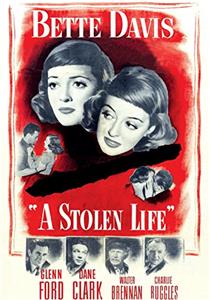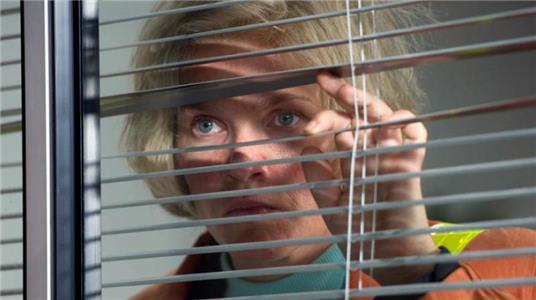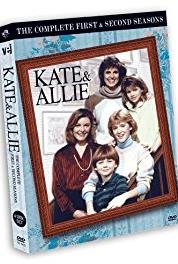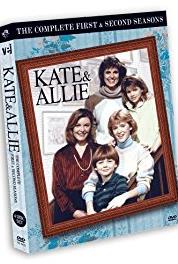A Stolen Life (1946) Online

Kate Bosworth and her twin sister Patricia fall in love with Nantucket lighthouse inspector Bill Emerson. Patricia and Bill are married. To forget, Kate returns to painting. Bill goes to Chile; Kate and Patricia go sailing; Patricia is washed overboard and drowned. Kate's boat capsizes and, when she recovers consciousness ashore, she (believed to be Patricia) is told that Bill is returning from Chile.
| Complete credited cast: | |||
| Bette Davis | - | Kate Bosworth / Patricia Bosworth | |
| Glenn Ford | - | Bill Emerson | |
| Dane Clark | - | Karnock | |
| Walter Brennan | - | Eben Folger | |
| Charles Ruggles | - | Freddie Linley (as Charlie Ruggles) | |
| Bruce Bennett | - | Jack R. Talbot | |
| Peggy Knudsen | - | Diedre | |
| Esther Dale | - | Mrs. Johnson | |
| Clara Blandick | - | Martha | |
| Joan Winfield | - | Lucy |
This film, along with his previous post-war picture, "Gilda" (1946), relaunched Glenn Ford's career after spending two years in the U.S. Marines during World War II.
The last film Bette Davis made at Warner Brothers (during her contract from 1932-1949) to make a profit upon release.
The negligee Bill buys for Pat (in front of Kate) for $69.50 would be the equivalent of $853 in 2016.
Because of her constant insistence for better productions to work on, and an overall better atmosphere on set, Jack L. Warner asked Bette Davis to produce the film. It would be the first and only time she would be able to do this. Reportedly, she was so overworked and also intrigued by this job that she started a relationship with the director of this film to iron out her mind.
"Lux Radio Theater" broadcast a 60 minute radio adaptation of the movie on August 25, 1947 with Bette Davis and Glenn Ford reprising their film roles.
Other actors considered for the roll of Bill were Dennis Morgan and Robert Alda - both under contract to Warner Brothers at the time. But Bette Davis insisted on Glenn Ford, who was under contract to Columbia Pictures. After seeing a secret screen test of Ford that was done by Davis, Jack Warner gave in and paid Columbia to have them loan him out for this film.
First film of Bette Davis as a producer under her new contract with Warner Brothers. (Note the "A B.D. Production" in the opening credits.) Davis left the day-to-day work of producing the film to others, but she did choose this project, and hired the writer and director.
Bette Davis later did a "remake" of this same storyline - 1964's Dead Ringer. But in that version, Davis outright murders her wealthy twin sister in order to take her place, rather than merely happening to survive a boating accident in which one twin drowns.
The aircraft Bill gets off when he returns to New York appears to be a Douglas B-23 Dragon converted to civil use.









User reviews